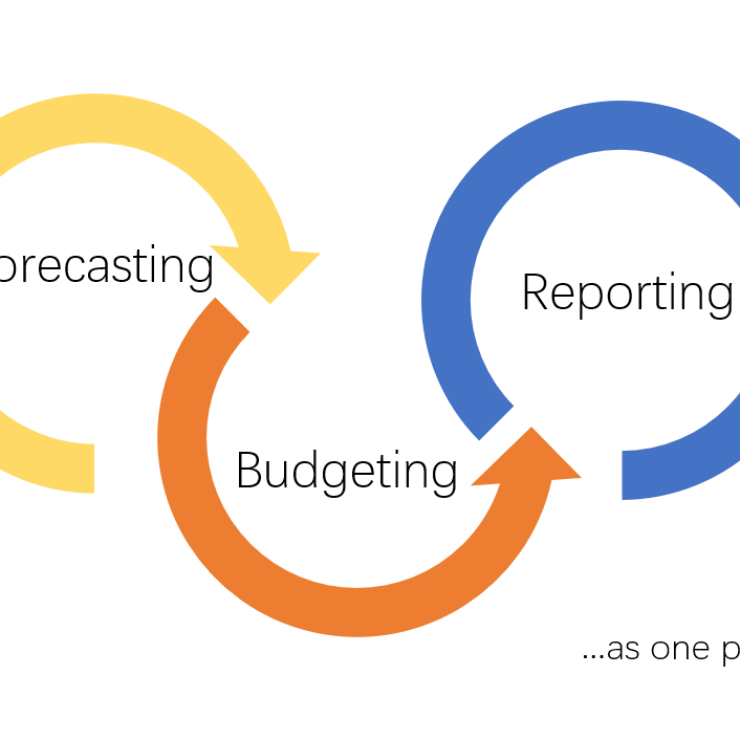Openscope – Privacy-Preserving Technologies: Building Trustworthy Apps in the Age of Data Breaches.In an era characterized by data breaches and privacy concerns, the need for privacy-preserving technologies has never been more crucial. As our lives become increasingly intertwined with digital platforms and apps, the amount of personal data we share online has reached staggering levels. From social media networks to e-commerce platforms, our digital footprint grows larger with each passing day. This raises important questions about how our data is handled, protected, and, ultimately, who we can trust.
Data breaches, where sensitive information like personal identities, credit card details, or healthcare records are exposed to malicious actors, have become all too common. Companies that fail to secure their users’ data face serious consequences, such as legal actions, loss of reputation, and financial setbacks. In an age where trust is easily eroded, developers and businesses need to step up and prioritize privacy-preserving technologies to regain the confidence of their users – Openscope .
Privacy-preserving technologies, or PPTs, are the unsung heroes in the battle against data breaches and privacy violations. They offer innovative solutions that protect personal data while still allowing users to enjoy the benefits of modern apps and services. Let’s dive into some of the most promising privacy-preserving technologies that are helping build trustworthy apps in this age of data insecurity.
- Differential Privacy: The Art of Adding Noise
Differential Privacy is a concept that allows organizations to gather useful insights from data while ensuring individual privacy is upheld. By adding a controlled amount of noise to data, it becomes nearly impossible to pinpoint the identity of any particular user, even if you have access to the aggregate information. Differential Privacy is used in various sectors, from healthcare to social media, to protect sensitive data while allowing organizations to analyze trends and patterns without compromising privacy – Openscope
- Federated Learning: Collaborative Machine Learning
Federated Learning is a groundbreaking technology that allows machine learning models to be trained across multiple devices or servers while keeping the data decentralized. Instead of sending personal data to a central server, federated learning allows the model to learn directly on the user’s device, ensuring their data stays on their own device. This approach prevents data breaches and enhances privacy while still enabling companies to improve their services through machine learning.
- Homomorphic Encryption: Securing Data in Use
Homomorphic encryption takes data security to the next level by enabling computations on encrypted data. This means that even when data is processed by a third party, it remains encrypted, ensuring that sensitive information is never exposed in its raw form. This technology has the potential to revolutionize secure data analysis, especially in domains like healthcare, where preserving patient confidentiality is paramount.
- Zero-Knowledge Proofs: Verifying Without Revealing
Zero-Knowledge Proofs allow one party to prove to another that they know a specific piece of information without revealing the actual information itself. This concept is vital for various authentication and authorization processes, where trust is essential but sharing private data is not an option. Zero-Knowledge Proofs have a wide range of applications, from secure logins to verifying eligibility for services without exposing personal details.
- Blockchain: Decentralizing Trust
Blockchain technology is perhaps the most well-known privacy-preserving solution, originally developed for cryptocurrencies like Bitcoin. Blockchain’s distributed ledger system ensures that data is stored across a network of nodes, making it virtually immutable and resistant to tampering. This technology has extended its reach beyond cryptocurrencies, promising to revolutionize supply chains, identity verification, and more, all while putting privacy and security first.
As we navigate through the age of data breaches, privacy-preserving technologies are evolving to become the linchpin of trustworthy apps and services. They offer a glimmer of hope for users who are growing increasingly wary of sharing their data. By implementing these cutting-edge solutions, developers and businesses can build a new level of trust with their customers, demonstrating a commitment to safeguarding their privacy – Openscope
In conclusion, as the digital landscape continues to expand and evolve, privacy-preserving technologies are at the forefront of building trustworthy apps in the age of data breaches. These technologies not only protect personal data but also enable businesses to thrive in an environment where user trust is paramount. By embracing these innovations, we can embark on a journey towards a more secure, private, and trustworthy digital future – Openscope




